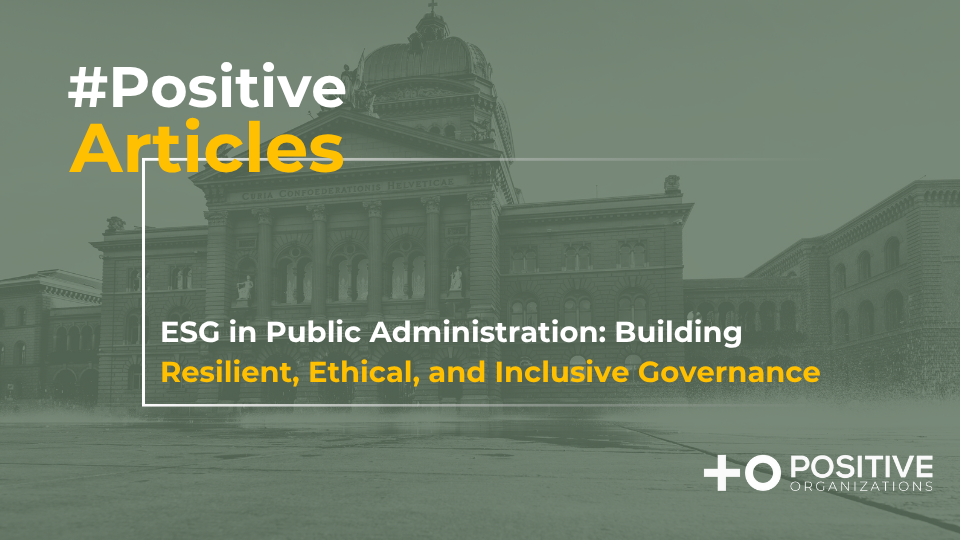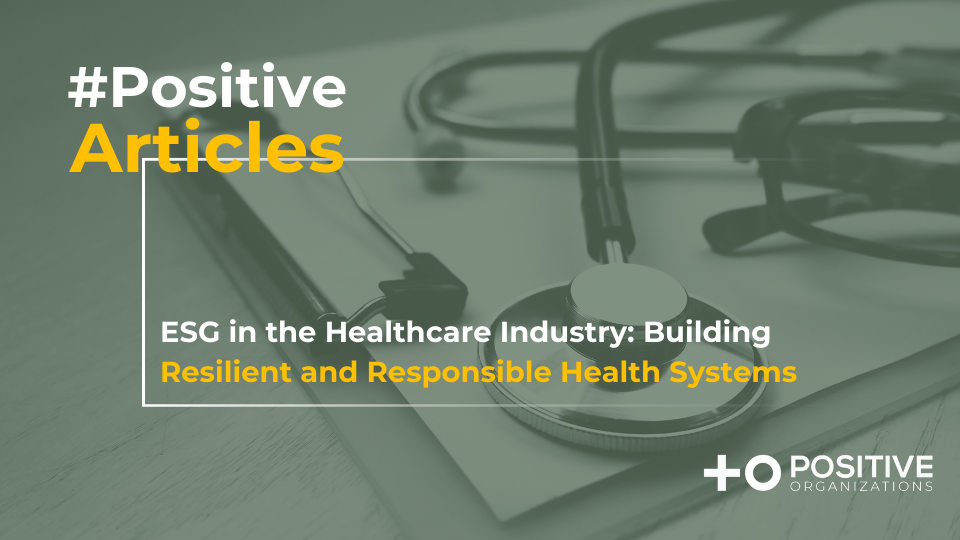News & Publications
.png)
.png)
Description
The European "carbon tax" is now a reality: to prevent the so-called relocation of carbon emissions by companies within the EU to countries with lower environmental and climate standards ("carbon leakage"), the European Union will soon introduce the Carbon Border Adjustment Mechanism (CBAM).
This mechanism includes a transition period starting on October 1, 2023, during which companies importing goods into the EU—specifically in the categories of cement, electricity, fertilizers, iron, steel, aluminum, and hydrogen—will be required to fulfill quarterly reporting obligations. These reports must indicate the quantities of goods imported, direct and indirect emissions, and any carbon price effectively paid abroad.
From 2026, CBAM will become fully operational, imposing financial obligations on importers, who will need to purchase and return "CBAM certificates" for emissions embedded in the production processes of these products.
All companies dealing with the aforementioned goods destined for the European market will be directly or indirectly affected by CBAM.
What does this mean in practice? What effects does CBAM have on Swiss companies? In a 60-minute session, our speaker will clarify the topic and answer audience questions.
Program
Introduction and moderation
Monica Zurfluh, Head of International Trade at Cc-Ti
The European "carbon tax"
- What is CBAM?
- Who will it apply to? Starting when?
- What are the consequences for Swiss companies?
- What does it mean to measure one's CO2 emissions?
- What does it mean to structure a strategy to reduce one's CO2 emissions?
Ing. Andrea Betteo, Manager, Positive Organizations
Q&A Session
Target Audience
CEOs, executives, and employees active in import-export, tax, accounting, and logistics
In collaboration with Camera Commercio Cantone Ticino
Start Your
Journey Today









.png)





